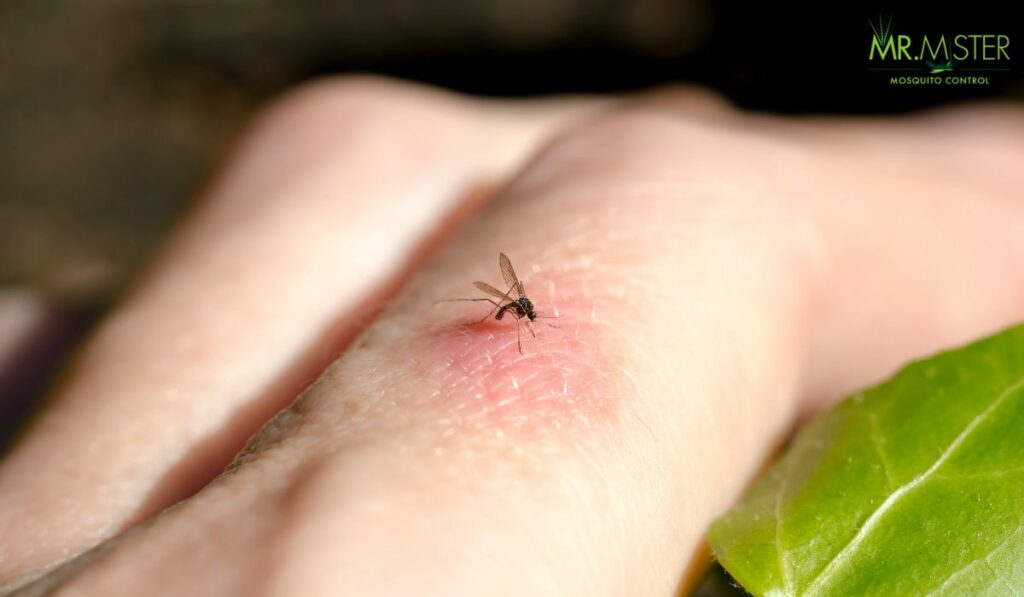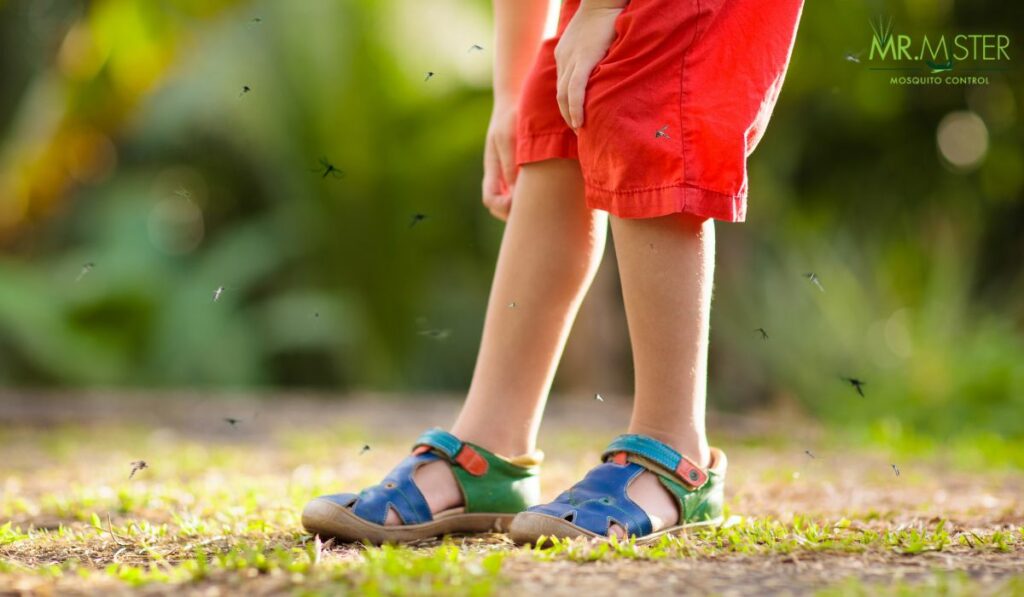Everything You Need to Know About Mosquito Bites
Mosquitoes, those tiny buzzing insects, are responsible for a big nuisance: mosquito bites.
These bites can not only be itchy and annoying but can also pose significant health risks.
Understanding the ins and outs of mosquito bites can help protect yourself and your loved ones from potential harm.
In this article, we will explore everything you need to know about mosquito bites, from their anatomy to prevention and natural remedies.
Anatomy of a Mosquito Bite
Mosquitoes are incredibly efficient hunters, and their bites are no exception.
Before diving into how to prevent mosquito bites, it’s essential to understand how these bloodsuckers operate.
When a mosquito detects its prey, it homes in using various factors, such as body heat and the carbon dioxide we exhale.
Once near, the mosquito uses its specialized feeding mechanism to puncture the skin and extract blood.
The saliva left behind during this process is what causes the itchy and sometimes swollen reaction on the skin.
Factors Attracting Mosquitoes
Have you ever noticed how some people seem to attract more mosquito bites than others? Several factors contribute to this, and understanding them can help minimize your chances of being bitten.
Mosquitoes are drawn to higher levels of carbon dioxide emission, body heat, and sweat.
Additionally, wearing dark-colored clothing can make you more visible to mosquitoes.
Surprisingly, your blood type and genetics can also play a role in attracting these pesky insects.
Health Implications of Mosquito Bites
While most mosquito bites result in mild itching and irritation, some individuals may experience more severe allergic reactions.
Moreover, mosquitoes are known carriers of several dangerous diseases, such as malaria, dengue fever, Zika virus, and West Nile virus.
Taking measures to avoid mosquito bites is crucial to reducing the risk of contracting these vector-borne diseases.
Preventing Mosquito Bites
Prevention is undoubtedly the best approach when it comes to mosquito bites.
Several effective methods can keep mosquitoes at bay.
Using insect repellents containing DEET or picaridin can provide excellent protection.
Wearing long-sleeved clothing and pants can also minimize exposed skin. Eliminating standing water in and around your home can help prevent mosquito breeding.
Natural Remedies for Mosquito Bites
If you’ve already been bitten, there are several natural remedies to alleviate the discomfort.
Aloe vera has soothing properties that can reduce itchiness.
Basil leaves can be crushed and applied to the bite area for relief.
Oatmeal paste is another excellent option to reduce inflammation and itching.
First Aid for Mosquito Bites
In case you experience a mosquito bite, proper first aid can promote quicker healing.
Start by cleaning the bite area with mild soap and water.
Applying a cold compress can help reduce swelling and ease the itchiness.
Over-the-counter creams containing hydrocortisone or calamine can provide additional relief.
How to Avoid Mosquito Bites While Traveling
When traveling to regions where mosquitoes are prevalent, taking extra precautions is essential.
Choose accommodations with proper screens or air conditioning.
Bed nets can be highly effective in preventing bites while sleeping.
Additionally, staying indoors during peak mosquito activity times, such as dusk and dawn, can significantly reduce the risk of being bitten.
The Environmental Impact of Mosquito Control
Mosquito control is essential to combat the spread of diseases, but it also raises concerns about its environmental impact.
Traditional pesticides can harm not only mosquitoes but also other beneficial insects and wildlife.
Exploring eco-friendly alternatives and striking a balance between pest control and conservation is crucial for a sustainable approach.
Debunking Mosquito Bite Myths
Numerous myths surround mosquito bites and how to prevent them.
Some believe that consuming garlic can deter mosquitoes, while others invest in ultrasonic repellents.
However, scientific evidence does not support these claims.
Furthermore, the notion that eating bananas attracts mosquitoes is also unfounded.
Future Innovations in Mosquito Control
As technology and science progress, so do the methods for mosquito control.
Genetically modified mosquitoes, designed to suppress mosquito populations, show promise in some regions.
The sterile insect technique, where sterile male mosquitoes are released to reduce reproduction, is also being explored.
Trapping and monitoring systems provide valuable data for effective control strategies.
Conclusion
Mosquito bites can be more than just a pesky annoyance; they can lead to serious health issues.
Understanding how mosquitoes operate and what attracts them can help us take necessary precautions.
Using repellents, wearing protective clothing, and eliminating breeding sites are crucial steps in preventing bites.
Moreover, exploring natural remedies and proper first aid can ease discomfort if bitten.
As we strive for more eco-friendly mosquito control, innovative technologies may play a significant role in reducing the impact of these disease-carrying insects.
FAQs
Q: Can mosquito bites transmit diseases?
A: Yes, mosquitoes are known vectors for diseases like malaria, dengue fever, Zika virus, and West Nile virus.
Q: Are there any natural remedies for mosquito bites?
A: Yes, aloe vera, basil leaves, and oatmeal paste can provide relief from mosquito bite itching.
Q: Can eating garlic repel mosquitoes?
A: There is no scientific evidence supporting the effectiveness of garlic in repelling mosquitoes.
Q: What are genetically modified mosquitoes?
A: Genetically modified mosquitoes are engineered to reduce mosquito populations and control disease transmission.
Q: Are ultrasonic mosquito repellents effective?
A: Scientific evidence suggests that ultrasonic repellents are not effective in preventing mosquito bites.
* Schedule a Free Mosquito Control Consultation – 404-941-0720 *
* Guaranteed Results * 100% Biodegradable * Locally Owned







